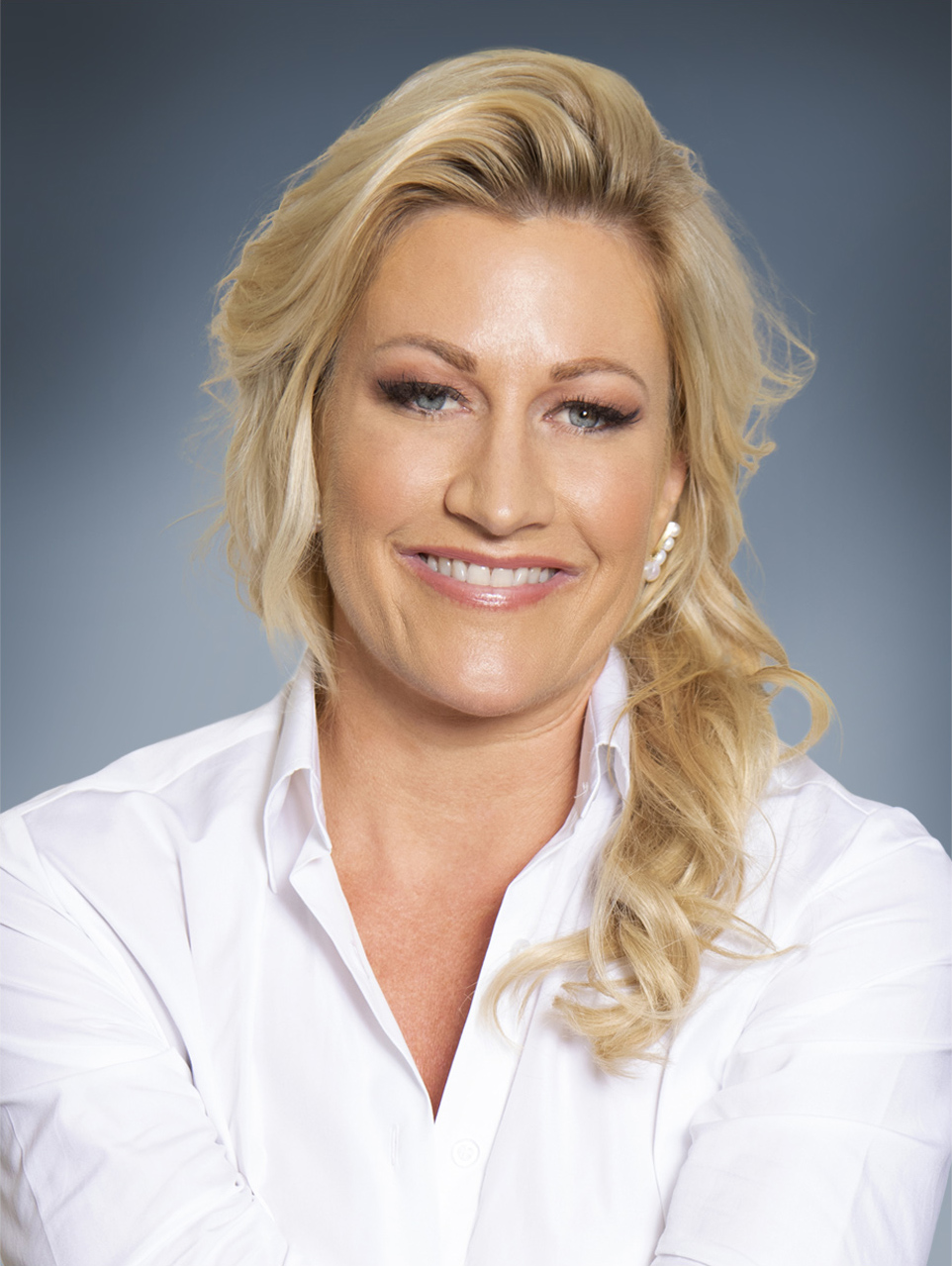By Jessica Word
For the last several years, more attention has been paid to getting students interested in science, technology, engineering and math (STEM), because too few college graduates, especially women, are entering careers in these fields.
According to the Bureau of Labor Statistics (BLS), 45% of women in the workforce hold a bachelor’s degree or higher, indicating a strong desire to advance in the corporate world. Yet, in STEM careers, such as those with a heavy focus on math or computer programming, women make up only 27% of all workers, according to the U.S. Census Bureau.
So, what is happening here? Although women have made gains in the financial world, many continue to shy away from careers that require technical and math skills, often because they don’t see women in the rank and file. An argument can be made that the health insurance industry, with its complex quoting engines that are necessary to compute competitive benefits packages and break down costs for customers, is an example of one such career.
But beyond a collegiate education, there is something we can do in our businesses right now that can bring more women into our industry. No matter the field, we are all drawn to a career because we see others who look like us in that profession.
If we want to see more women (and more diversity in general) in our industry, we can’t just leave it to the schools. We must aggressively promote mentorship within our organizations.

Mentorship is a two-way street
Multiple studies show mentors are incredibly valuable. If a woman develops a personal relationship with a more seasoned professional early in her career, she is likely to be promoted more quickly than those without mentors, according to a study from SAP HR Research. This is why it’s important that brokers, health benefits specialists and other industry professionals recognize the many values of mentoring — it’s a mutually beneficial relationship.
A good place to start is to establish a culture of mentorship among all employees, regardless of their tenure in the industry. This can have many benefits, including increased job satisfaction, a stronger commitment to the profession and confidence that she can advance her career. This not only helps a woman reach her full potential as an individual, but builds appreciation for her employer. Plus, ongoing support of a formal or informal program by leadership can lead to overall company growth.
Serving as a mentor also helps the more seasoned professional in many ways. It strengthens leadership skills, while also allowing the mentor to take a step back and reflect on areas in their own career that may need a bit of a tune up. And mentees can teach their mentors new things — they can bring fresh perspectives and new techniques into the industry. Maintaining an open mind encourages mentees to reciprocate and share their knowledge, leading to personal growth for both parties.
One-on-one relationships are key
Throughout the pandemic, many organizations have focused on fostering relationships within teams and companywide staff, albeit remotely and through videoconferencing. This will continue to be important, but cultivating strong connections with mentees should also be in-person.
One-on-one relationships, especially those with women just starting out in their careers, require a regular time commitment to establish deep, meaningful and organic connections. It also allows both parties to develop a strong rapport with each other, which can be difficult to nurture in a group environment or through a Zoom call.
Authenticity is incredibly important and key to creating connections that are not just transactional. Relationships built on trust and transparency end up transcending the professional realm and often become personal — and can last for decades.
Having someone readily available to lend an ear when you need advice for a career shift, big move or promotion is invaluable. Ultimately, the more women who develop strong relationships with other professionals creates a “pay it forward” culture that has the potential to grow the number of women professionals in the industry.
Extend your mentorship network into schools
A good mantra to business success is “networking, networking, networking!” The same can be said for continuing to grow mentoring programs that will see more women candidates for your organization.
Development Dimensions International (DDI) found that 63% of percent of women who participated in its survey reported never having a formal mentor, but 67% of women rated mentorship as incredibly important in helping them to advance and grow in their careers. Clearly, there is work to be done.
It’s important, then, to initiate mentoring opportunities outside the four walls of your organization. Partnering with local colleges and universities, especially those with strong business programs, allows organizations to get in front of prospective employees and let them see our industry as a path for women.
There are many ways for accomplished professionals to become involved, either by serving on panels at school-organized events or allowing female students to shadow you at the office. Let’s face it, the benefits industry is largely under-the-radar and a hidden job opportunity for students. There is immense potential for more women joining the health insurance industry ranks.
Here’s the bottom line for women working as benefits specialists: take the leap and reach out to a new professional. It requires regular maintenance and outreach to cultivate and grow a strong list of mentees. Cultivate a culture of mentorship within your organization and increase your involvement at local colleges and universities to get in front of women before they make any long-term career decisions. Lastly, there is power in reaching out to a woman early in her insurance career to offer important guidance that will help her succeed.

JESSICA WORD is CEO of Word & Brown General Agency. Established in 1985 and headquartered in Orange, Calif., Word & Brown is one the state’s largest general agents.
For additional information, visit www.wordandbrown.com.
